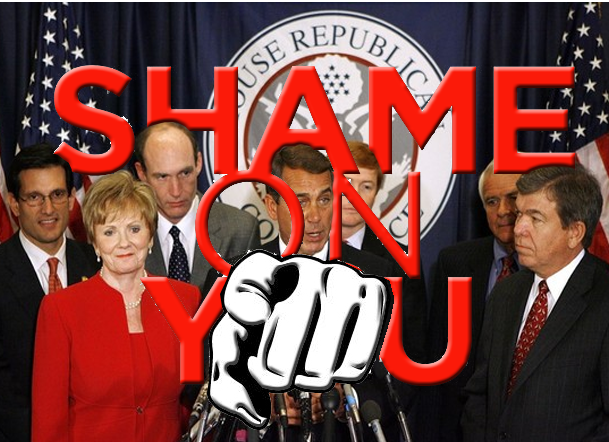
NEW YORK (CNNMoney) — The day started with congressional leaders trying to resolve the dangerous impasse over the debt ceiling — and calm any anxiety markets may have when they reopened Monday.
It ended in a continuing impasse, with each party sketching out their own plans and showing little common ground.
House Speaker John Boehner told GOP lawmakers Sunday in a conference call that he wants a deal that sticks to the principles of the Cut, Cap and Balance bill that the House passed and Senate rejected last week, sources familiar with the call told CNN.
It remains to be seen if the two sides can resolve their conflicts soon.
If Congress fails to act, the Treasury Department has said that on Aug. 2 it will run out of the cash it needs to pay all of the federal government’s bills on time.
Gunshot to the economy
Meanwhile, the stakes are getting higher every day.
“It’s taken us seven months to get to the place where we are now,” Geithner said on CNN’s State of the Union. “We’re almost out of runway.”
Credit rating at risk: All three major credit rating agencies have warned in the past week that they are considering a downgrade of the nation’s debt.
If the U.S. were to lose its AAA status, foreign investors, who hold about half of all U.S. Treasuries, might demand higher interest rates in exchange for holding the debt.
And for at least two of the rating agencies — Moody’s and S&P — raising the debt ceiling is not enough. They also want to see lawmakers agree to substantial debt reduction.
Standard & Poor’s has already said there is a 50-50 chance it would downgrade the United States within 90 days.
If Congress fails to act in time: Experts warn that a failure to raise the debt ceiling in time would — if not immediately, then soon enough — send shockwaves through the underpinnings of the financial system that could ripple out to individual investors and consumers.
“Even if Washington did raise the debt ceiling after just a few harrowing days following a default … we envisage that the economy could fall quickly back into recession,” Standard & Poor’s said last week.
Federal Reserve Chairman Ben Bernanke has said the fallout could be “catastrophic” and “self defeating.”
Americans’ investments may get whacked.
Remember 2008? Beware the debt ceiling vote
Or, Treasury yields could become volatile and start to climb as investors lose faith that lawmakers have the political will to be fiscally responsible.
That would push the cost of U.S. debt higher. And it could cause rates on consumer loans — like mortgages and car loans — to climb higher as well.
Broader ripple effect: If the debt ceiling isn’t raised, the federal government won’t be able to pay 44% of its bills worth an estimated $134 billion due in August, according to a Bipartisan Policy Center analysis.